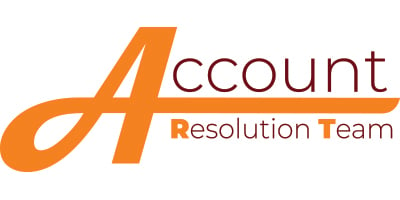Though we may not like it, debt is often a necessary part of life, meaning there's absolutely no shame in borrowing from time-to-time. Unfortunately, many people find themselves in these financial situations simply because they do not know how to handle the collection process. When this happens, debt just continues to pile up, leading to negative outcomes.
However, this issue is not exclusive to the debtors! Oftentimes, the lender's failure to properly follow the collection process can cause major problems, including the failure to collect unresolved accounts. Let's take a look at the different phases of debt collection and how the lender should be handling their business each step of the way.
Phase 1
The collections journey begins on the date of which you lend money to a consumer. When the deadline for repayment is approaching, you should notify the borrower, giving them the opportunity to pay early or notify you that they will be unable to pay on time. If the debtor is unable to repay their debt, at this point in the journey, you should work with them to map out a new repayment plan.
Fast forward to the due date of payment. If you were not already notified that the debt would go unpaid, it is time to reach out to the debtor again. Phone calls, emails, and physical letters are all effective ways to contact a debtor. Remember: communication is key. At this point in the collection process, you should be nudging debtors, not twisting their arm.
Phase 2
If the debt still has not been paid 30 days past the original due date, it's time to get more persistent. If you haven't already reported the account to a credit bureau, now is the time to do so. For the debtor, this will begin to affect their credit score as they receive penalty fees on their account.
Remember to keep your borrower's situation in mind. Even 60 days after the due date, you should be willing to negotiate a new plan if they reach out to you. After 60 days have passed and you still have not received payment, it is time to practice more aggressive collection methods by closing their account and potentially issuing legal action against them.
Phase 3
When at least 90 days have passed since the original due date, now is the time to involve a reputable, ethical, and efficient collection agency with a high recovery rate like Account Resolution Team. Here, the agency will employ their collection techniques to collect payment on the account. In some cases, this may result in a court case.
Regardless of what stage in the collection process your unresolved accounts are in, it is important to stay patient. The collections process is a gradual one, and above all else, communication is key.
Need help collecting your unresolved accounts? We've got you covered. At Account Resolution Team, we have the latest technology in collections, as well as the resources and skills to help you resolve accounts no matter what phase they are in. From prefab letter services and traditional debt recovery methods, our experts will work with you to create the best collection strategy for your business.
Looking for assistance in collecting unpaid debt or establishing the best collection strategy for your company? Account Resolution Team can help. Drop us a line to get started.


